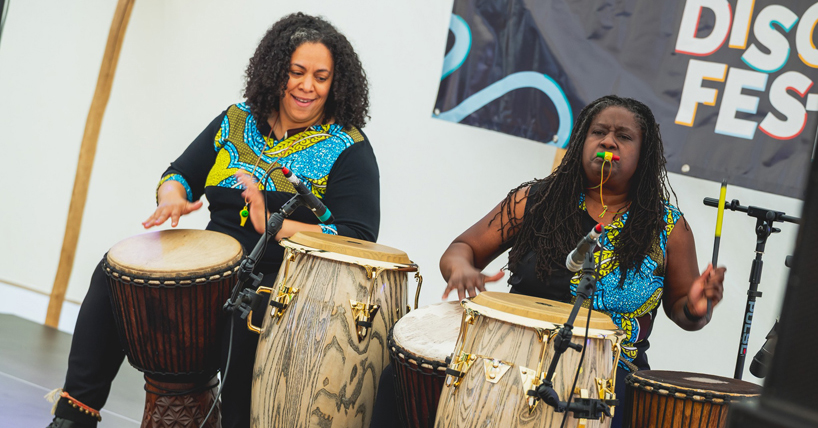Study with us
Join a creative hub of music learning, research and creativity with high-specification purpose-built studio, rehearsal, and performance spaces.
Join Music at Newcastle and be part of a community of musicians who'll help you embrace your individual creativity, and develop your critical thinking.
We cover a huge and diverse range of topics and specialisms, such as:
- Western classical music
- Contemporary and Popular Music
- Folk and Traditional Music
- Experimental electronica, sound art, and turntablism
- World Musics
You'll have excellent opportunities to build your future professional networks and apply your creative, intellectual, and organisational skills to practical activities, such as:
- schools outreach projects
- local choirs and orchestras
- organising contemporary grassroots musical events
- at the same time as expanding your own musicianship and growing intellectually
Our levels of study
Performance
If you're looking to focus on the performance aspect of music, we have plenty of support and opportunities to hone your skills.
Many of our degrees include performance as a key part of its content. However, if you're working in composition or musicology, there are still performance opportunities and tutorship available to you.
We have a lively and engaging performance environment, offering activities such as a professional concert series, tutoring, and weekly student performance platforms.
You can also take part in a huge variety of staff-supervised ensembles, covering everything from: vocals, symphony orchestra and jazz to folk and salsa.
Opportunities within the University are complemented by the region's vibrant music scene. World class venues such as The Glasshouse International Centre for Music, ensure that there's a wealth of performance opportunities right on your doorstep.
Composition
Composition is integrated throughout your musical journey here.
At undergraduate level, you can place creative music-making at the heart of your studies. Composition modules are available regardless of your chosen degree pathway. You'll learn through practical engagement, receiving direct supervision from our team of resident composers.
For postgraduate students, we offer specialised MA and PhD programmes that allow you to develop an original, innovative body of work.
A key feature at all levels is our emphasis on collaboration. You'll be able to hear your music brought to life in workshops with professional performers and by collaborating with fellow students across disciplines, in a community that actively blurs the boundaries between genres.
Musicology
Musicology is shaped by the research of our large and diverse academic staff. Their wide-ranging expertise - spanning centuries, continents, and critical themes such as sound studies, gender, and globalisation - informs further research and teaching that is comprehensive and adventurous.
Collaboration across disciplines plays a key role in our work. That collaboration has created an environment where our students learn to analyse music within its deepest cultural and political contexts.
This approach, reflected in our internationally-recognised research and publications, ensures you develop a critical and contemporary understanding of music as a vital social force.
Meet our graduates

Katrina
Music BMus Honours, Class of 2023
Since graduating from Newcastle, I’ve been working as a Promoter’s Assistant and Event Coordinator at Notion Live Events
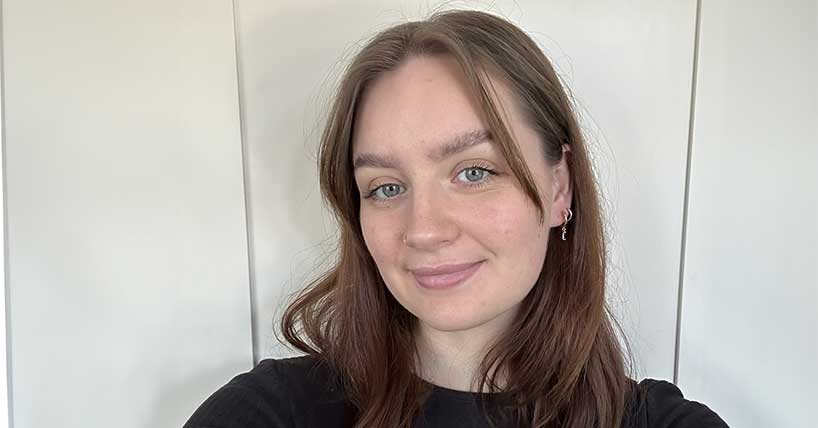
Martha
Music BA Hons, Class of 2023
I handle show and tour logistics, bookings and company administration at Worldbeaters Ltd
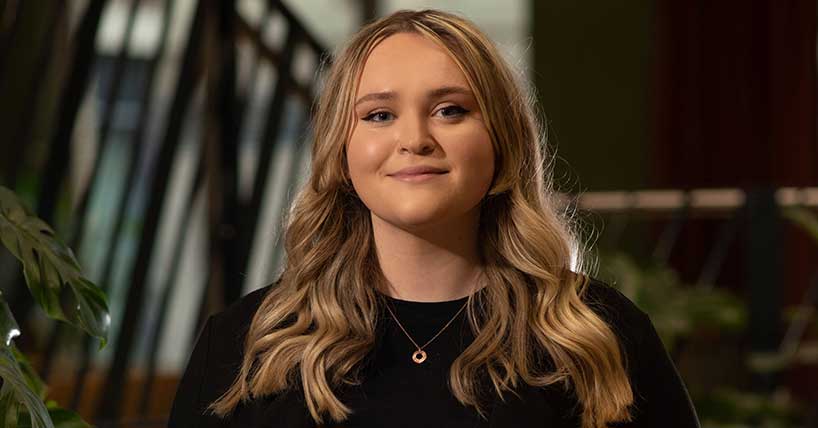
Amy
Contemporary and Popular Music, 2023 BA Hons, Class of 2023
My music degree prepared me for my current roles by emphasising the importance of networking.
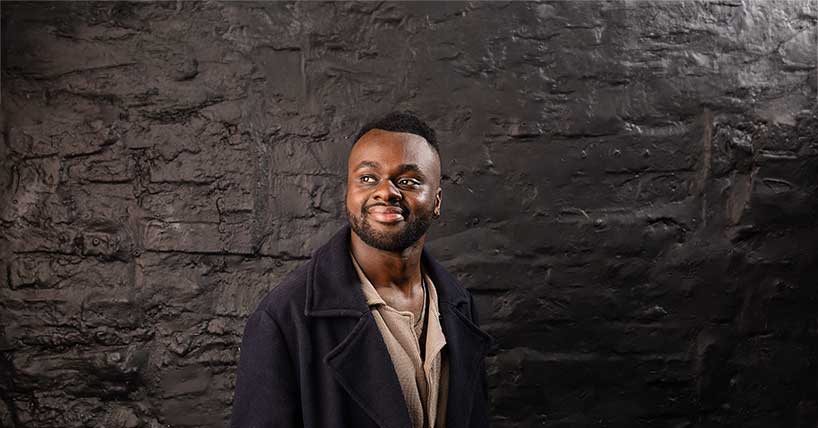
Chyaro
Music BA Honours, Class of 2021
I coordinate the programme of talent development programmes at Generator.
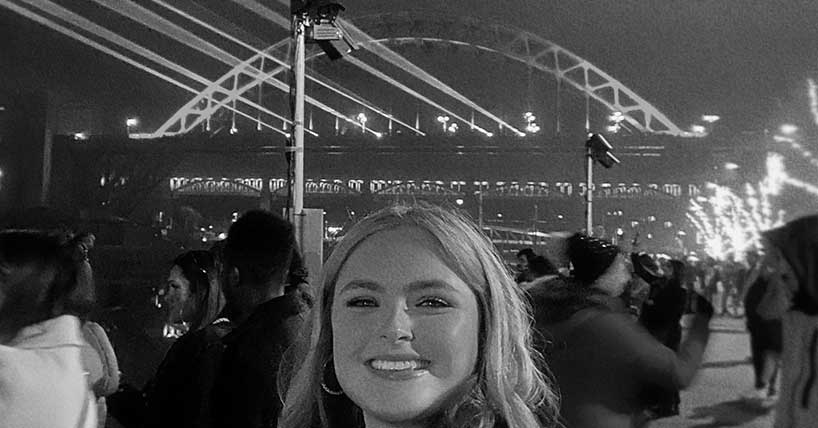
Sam
Contemporary and Popular Music BA Honours, Class of 2021
During my time studying music at Newcastle University, I learned a lot about myself as an artist, an academic, a creative practitioner and a person.
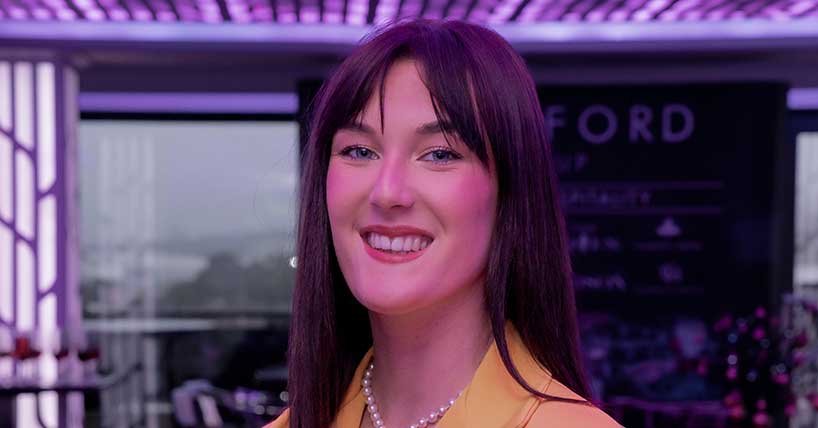
Maria
Contemporary and Popular Music BA Hons, Class of 2021
I am one of the Co-Founders of Marisam Events – a female led live events company

Pippa
Contemporary and Popular Music BA Honours - Class of 2021
The North East music community is very close-knit, and my degree provided the perfect stepping stone to start building meaningful connections

Lucrezia
Combined Honours BA Honours - Business and Music, Class of 2020
I believe my degree at Newcastle helped me build a strong foundation to a successful and sustainable career.
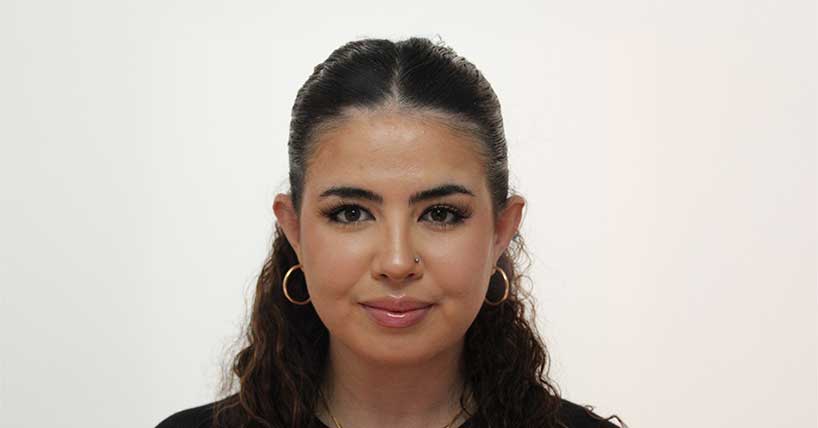
Jade
Contemporary and Popular Music BA Honours, Class of 2020
As a radio producer on the Breakfast show at KISS, I’m responsible for overseeing the content we deliver to our listeners.

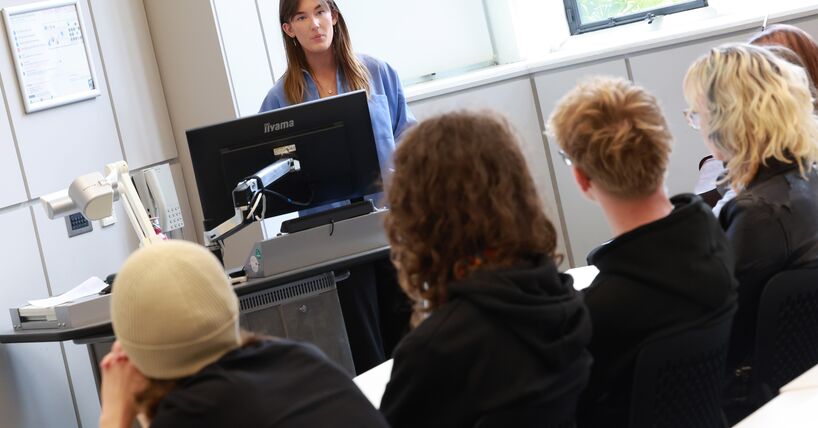
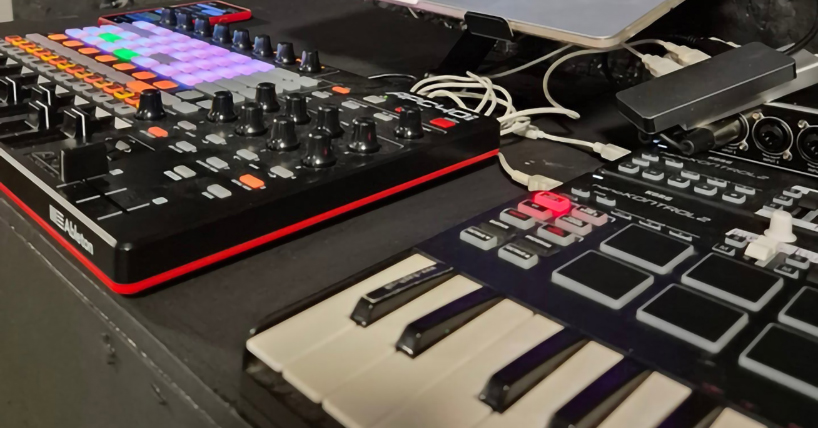
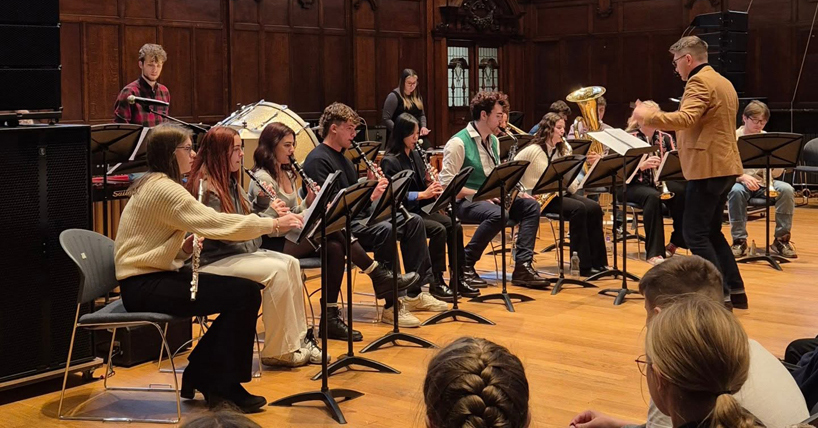
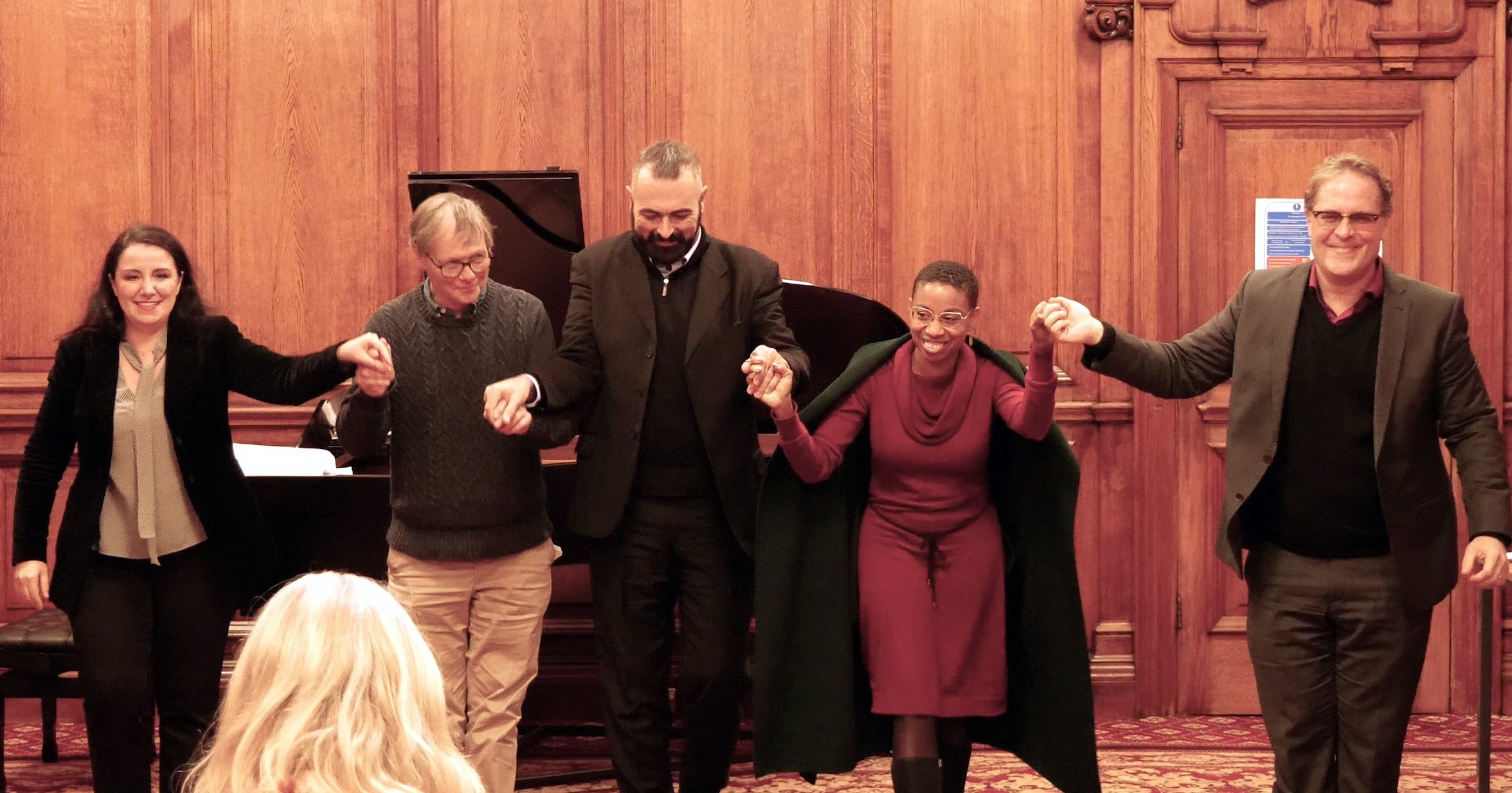
.jpg)
